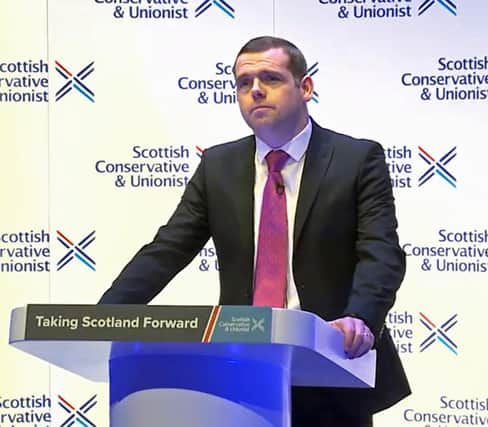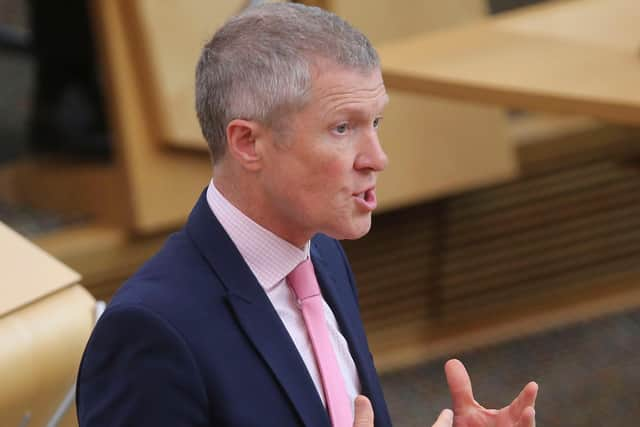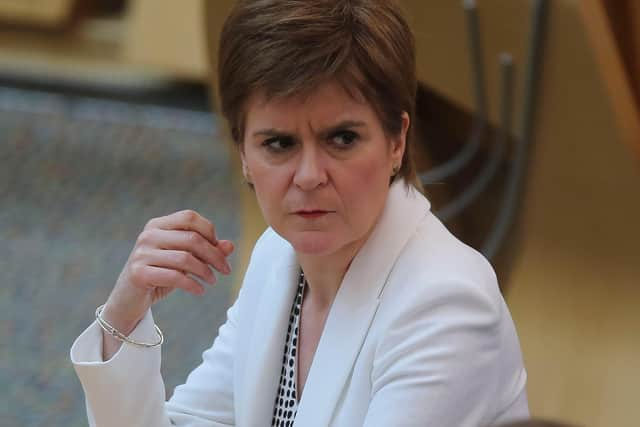Insight: How the opposition will tackle the SNP's dominance in May's elections


In reality though, Scotland – as with the rest of the UK – feels on the verge of its next major political era, one defined by the aftermath of Covid-19 and Brexit in the same way the post-war era was defined by the requirement to rebuild.
Which road the country chooses will be down to the direction in which it votes in May – assuming the election goes ahead as planned – and while the headline choice is either independence or the status quo, the reality is that the former is not yet on the table and the latter no longer acceptable to the electorate.
Advertisement
Hide AdAdvertisement
Hide AdIncumbents the SNP look strong on the face of it – multiple polls have them riding high and set for a majority and few claim that is not the most likely outcome – but look closer and the party is tainted and weakened by vicious infighting and a malaise one would expect from 14 years in government.


Nicola Sturgeon’s party will focus squarely on independence and push the view it can be used as a vector of recovery from the pandemic, an independent Scotland would be the opportunity for a new and different Scotland, but few internally have a clear plan on what that would look like.
The SNP winning a majority and IndyRef2 feels inevitable with election right around the corner, but this election will be like no other.
Covid-19 will render it devoid of on-street canvassing and run largely online through the destructive prism of social media.
It is likely to be highly-charged, with any subject of debate subject to polarisation across constitutional lines and likely twinned with an unedifying weaponisation of the Covid-19 pandemic and the deaths tragically lost because of it.


Such an approach will likely favour those at the fringes of Scottish debate, and those most comfortable shouting about flags and Section 30.
It also paints a challenging picture for opposition and it is a damning indictment of the failure of all unionist opposition parties to construct a coherent response to the SNP that in 14 years, seven Scottish Labour leaders, three Scottish Conservative leaders, and two Scottish Liberal Democrat leaders have been dispatched by the SNP.
The only other independence supporting party, the Scottish Greens, have meanwhile grown in stature and in cohort size, with Patrick Harvie a rare survivor of 13 of the 14 years of SNP rule as Green co-leader or co-convener.
Advertisement
Hide AdAdvertisement
Hide Ad